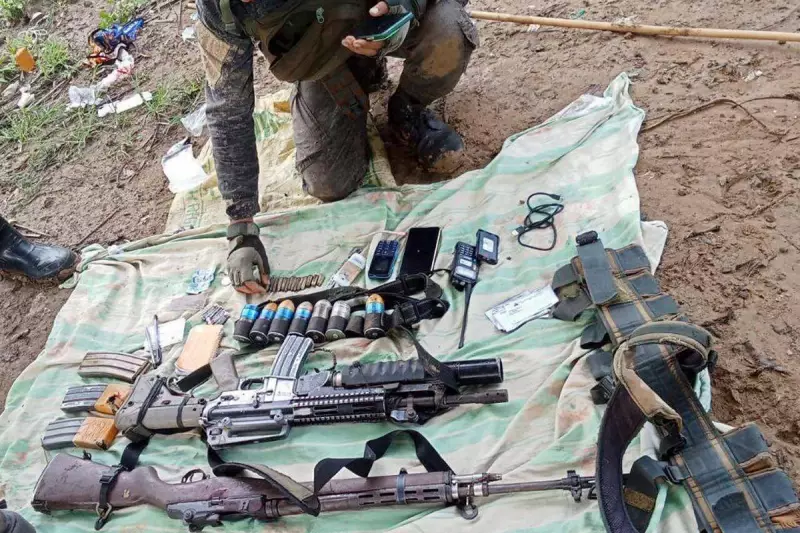
The Philippine government has officially abandoned peace negotiations with the communist-led New People’s Army (NPA), declaring an end to years of on-again, off-again talks aimed at resolving one of Asia’s longest-running insurgencies.
President Rodrigo Duterte’s administration accused the rebels of repeatedly violating ceasefires and launching attacks on civilians, undermining efforts to reach a political settlement. The decision signals a hardline shift in Manila’s approach to the conflict, which has claimed tens of thousands of lives since the 1960s.
Ceasefire Violations Spark Breakdown
Officials cited multiple incidents of NPA fighters targeting rural communities and infrastructure projects as the final straw. "Their actions prove they are not serious about peace," said a government spokesperson. "We cannot negotiate while they continue their violent campaign."
The collapse comes despite Norway’s years-long mediation efforts. Oslo had hosted several rounds of talks between the two sides, most recently in 2019.
Duterte’s Changing Stance
President Duterte, who initially pursued peace aggressively, has taken an increasingly confrontational position. In 2017, he formally designated the NPA as a terrorist organization, and military operations against rebel strongholds have intensified.
Analysts suggest the move could lead to further escalation in rural areas where the NPA remains active. Human rights groups warn that civilians may bear the brunt of renewed fighting.
The rebels have yet to issue an official response, but previous statements have blamed government forces for provoking clashes. With formal channels now closed, prospects for a negotiated settlement appear increasingly remote.






